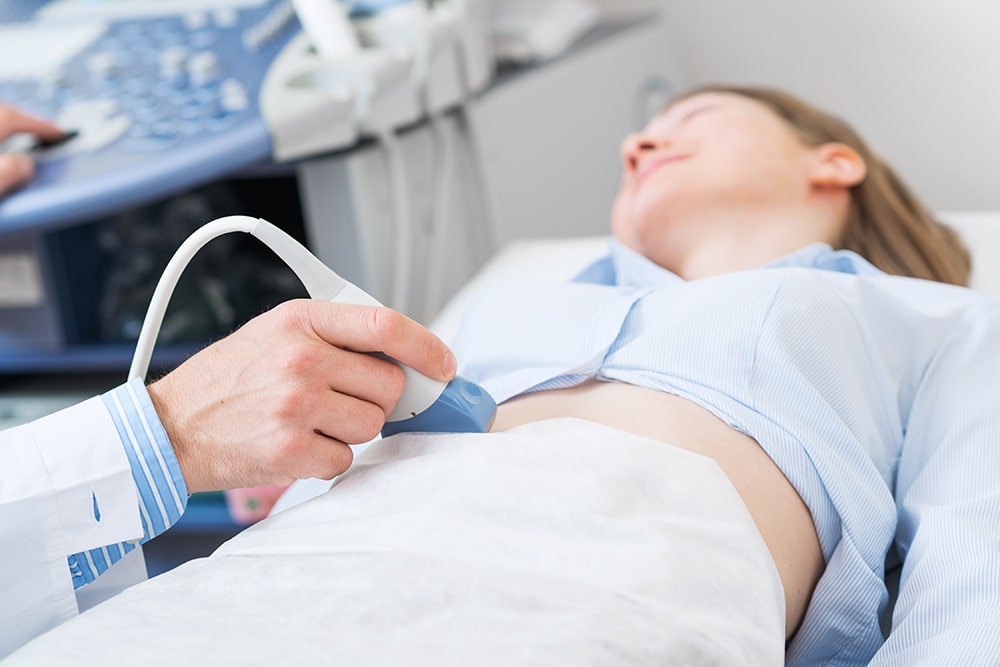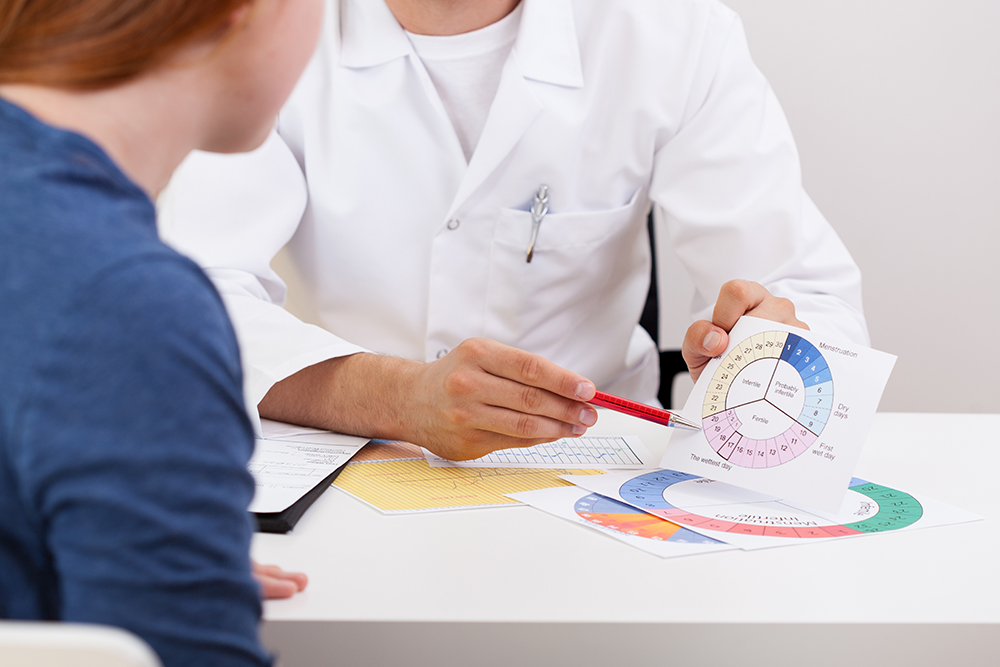Cervical cancer is the eighth commonest fatal cancer among women in Hong Kong. It commonly occurs in women between age of 25 and 45 and it is currently the only gynaecological cancer that could be effectively prevented.
There are no obvious symptoms in early stage of cervical cancer and women only begin to notice problem when the disease progresses to late stage.
Common symptoms of cervical cancer
- Abnormal vaginal bleeding
- Abnormal vaginal discharge (foul smell and blood strikes)
- Pain and bleeding during sexual intercourse
- Swelling of lower limbs
- Pelvic pain, back pain (e.g. nerves or bones are affected)
- Pain or bleeding during urination
- Tiredness
- Weight loss etc.
Risk factors for cervical cancer
- Infected with high-risk HPV
- Infected with sexually transmitted disease
- Multiple sexual partners
- Early start of sexual intercourse
- Smoking
- Suffered from immunological diseases
Means of prevention
Cervical cancer vaccine (HPV vaccine)
In Hong Kong, about 90% of cervical cancer cases are caused by HPV-16, 18, 31, 33, 45, 52, 58 viral infections. Currently, the nine-valent HPV vaccine in market covers these 7 high risk HPV genotypes. According to the Department of Health in Hong Kong, most cervical cancers are preventable and treatable through vaccination, screening of precancerous lesions, proper follow-up and treatment. It is important to keep in mind that it is still necessary for women to have regular cervical smears (Pap smears) testing even after HPV vaccination.
Regular cervical smear (Pap smear) test
Cervical smear (Pap smear) test is currently the most effective way to screen for cervical cancer. Once precancerous tissues are found during examination, surgical resection or close monitoring could be performed in time to prevent women from developing cervical cancer.



